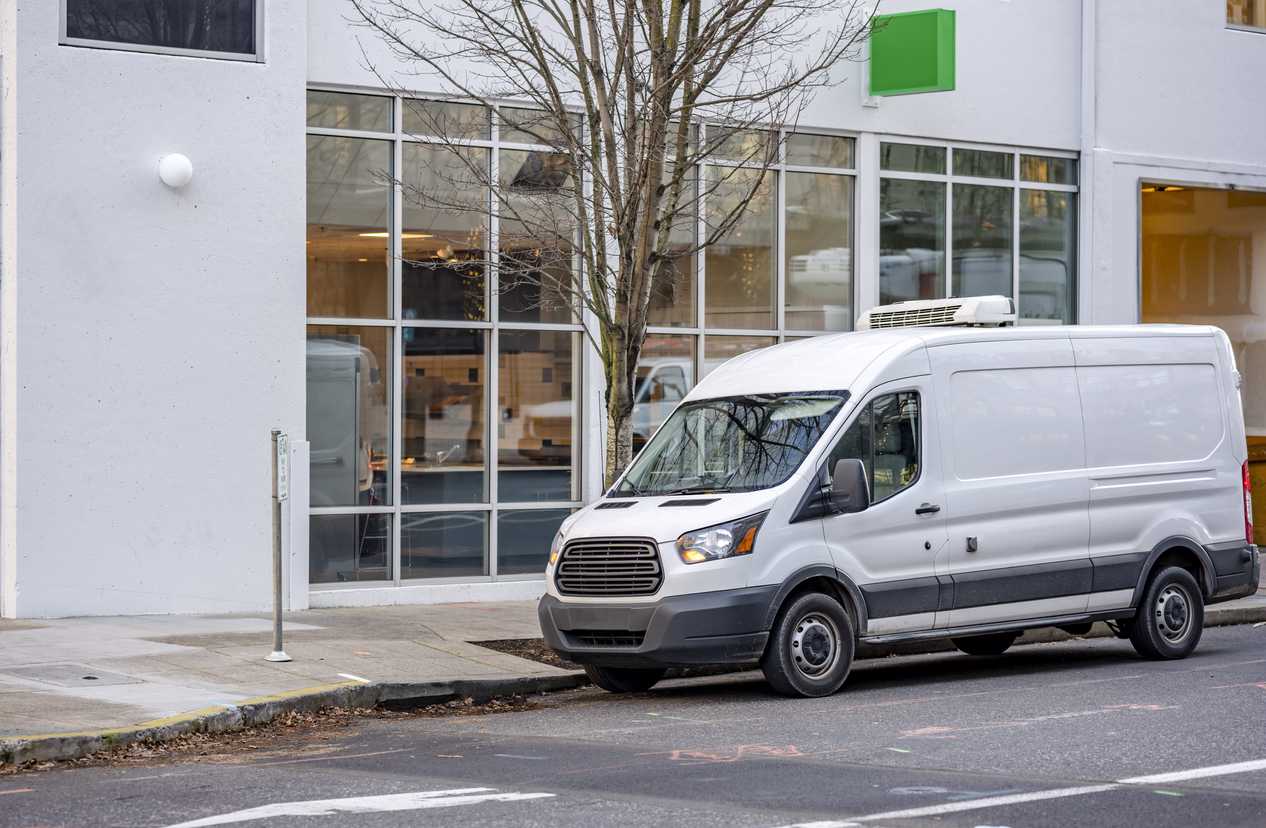If you’ve ever had to move products as a part of your business, you might have wondered what your shipping options are. There are two main types of shipping – freight and package. Freight is the shipment of large and heavy items, while package is the shipment of lighter items. The main difference between freight and package is the size and weight of the items being shipped. But you might also wonder what other factors play into this main dichotomy.
Freight Vs. Package
Freight refers to goods that are transported by truck, rail, or ship, while package refers to smaller items that can be transported by mail van or private courier. Freight is more expensive than package because it requires a greater level of infrastructure (e.g., trucks, rails, ports), and logistics companies charge more for the use of such infrastructure and resources. Additionally, freight is often subject to delays because of traffic congestion or bad weather.
Package services are generally faster and more reliable than freight services, which makes them more popular for time-sensitive deliveries. However, package shipments are typically limited to a weight of fewer than 50 pounds. Package shippers often work with logistics companies to get the best shipping rates for their customers.
The main difference between freight and package shipping is that freight shipping generally involves larger shipments than package shipping. Freight shipments are usually perishable goods, machinery or other large items that need to be shipped across long distances. Package shipping, on the other hand, is more suited for smaller items like consumer electronics products and retail goods. It’s typically done via courier or postal service, but many other companies can fill in and perform a similar service. This type of shipping is used for smaller items that can go in smaller trucks.
LTL & Freight
LTL trucking is a type of trucking service that transports smaller shipments of freight, often weighing less than 10,000 pounds. LTL stands for “less than load,” and these shipments typically take up less space on a truck than a full-load shipment. LTL trucking dispatchers tend to work with a network of different carriers to find the best route for your shipment based on multiple factors, like your preference for overnight or same-day timeframes.
Freight shipping is typically done via semi-trucks, which can also be done lighter with LTL (less than load) trucking. This type of shipping is used for large or bulky items that cannot be shipped via package delivery services but also where demand isn’t high enough for a full freight shipment. Some examples of items that are typically shipped via freight include machinery, furniture, and appliances. Freight shipments also require more specialized equipment and handling since they can be very large and difficult to move.
What Do Logistics Companies Do?
Logistics companies typically offer both freight and package shipping services, though the specific services offered may vary depending on the company. Some companies may specialize in heavy freight shipping, while others focus on small package deliveries – and still others may try to cover everything in between. It’s important to research the options available before choosing a shipping service.
At its most basic, a logistics company specializes in the organizing and management of the flow of goods and raw materials from the point of origin to the point of consumption – whether they’re low or high on the value chain (the process goods go through in business-to-business relations, taking raw materials and turning them into finished goods).
Logistics companies are the firms behind the curtain, often solely responsible for organizing and coordinating the transportation of goods and materials to and from their destinations. They typically work with a variety of transport providers, such as airlines, trucking companies, railroads, and shipping lines, to move cargo around the world. And they provide a range of services, including transportation, warehousing, customs brokerage, and order fulfillment. They are often classified according to the type of goods or materials they manage: freight logistics, passenger logistics, agricultural logistics, retail logistics, or e-commerce logistics.
Logistics is an important part of any business operation, as it can help to improve efficiency and reduce costs. By streamlining the process of getting goods where they need to go, logistics companies can help businesses to run more smoothly and save money on transportation expenses, and sometimes that means serving a large or niche market – customers looking for full freight, LTL, or package shipping. It all depends on what your needs are, and which company you choose!


